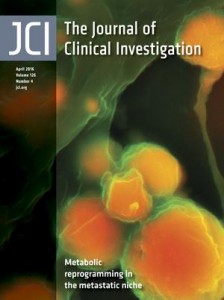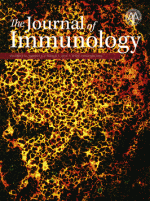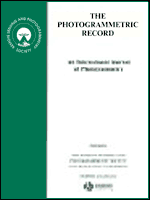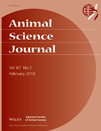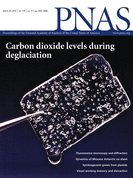 Authors have retracted a 2002 paper from PNAS because part of a figure “may have been fabricated,” and they no longer have the original data to prove otherwise.
Authors have retracted a 2002 paper from PNAS because part of a figure “may have been fabricated,” and they no longer have the original data to prove otherwise.
The paper in question, “Deficient Smad7 expression: A putative molecular defect in scleroderma,” studied the signaling pathways that may underlie the autoimmune disease. It has been cited 198 times, according to Thomson Reuters Web of Science.
The authors, led by Pascal J Goldschmidt-Clermont, currently the Dean of the School of Medicine at the University of Miami, have issued a retraction note, which appeared online yesterday: Continue reading Authors pull 14-year-old paper from PNAS over concerns of fabrication
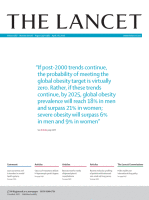 Since we reported Friday that multiple authors had asked to remove their names from a high-profile 2011 Lancet paper about a risky transplant surgery, a
Since we reported Friday that multiple authors had asked to remove their names from a high-profile 2011 Lancet paper about a risky transplant surgery, a 